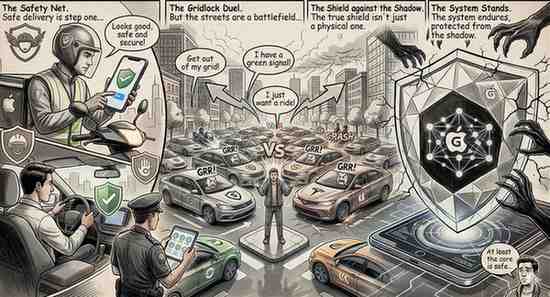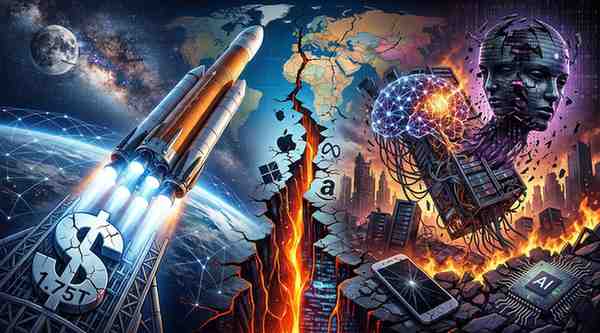
Smart City Projects Transform 50 Urban Centers with ₹1 Lakh Crore Investment
- admin
- June 24, 2025
- Government, India
- 0 Comments
India’s Urban Development Gets a Futuristic Upgrade with Cutting-Edge Solutions
New Delhi, India: India’s Smart Cities Mission has made significant strides in transforming 50 urban centers, leveraging an investment of ₹1 lakh crore, as reported by the Ministry of Housing and Urban Affairs (MoHUA). Launched in 2015, this flagship program has brought advanced infrastructure, digital connectivity, and sustainable living solutions to cities, enhancing quality of life and setting benchmarks for urban development.
With a focus on technology-driven governance, eco-friendly initiatives, and citizen-centric services, these projects are reshaping the urban landscape and contributing to India’s economic and environmental goals.
Key Transformations Under the Smart Cities Mission
1. Digital Infrastructure and Connectivity
- Cities like Bhopal, Pune, and Surat now boast robust public Wi-Fi networks, with over 1 lakh hotspotsdeployed nationwide.
- Integrated Command and Control Centers (ICCCs) have been established in 45 cities, enabling real-time monitoring of traffic, public safety, and utilities.
2. Green and Sustainable Initiatives
- Solar energy installations have added 350 MW of renewable power to urban grids, reducing reliance on fossil fuels.
- Over 1,000 electric buses and 500 km of cycling tracks have been introduced, promoting eco-friendly mobility.
3. Smart Water and Waste Management
- Advanced water management systems in cities like Ahmedabad and Chennai ensure 24×7 water supply while minimizing leakage by 30%.
- Smart waste management programs in Indore have achieved 95% segregation at source, setting an example for other urban centers.
Economic and Social Impact
1. Job Creation and Investments
- The mission has created over 5 million jobs in sectors like construction, IT, and renewable energy.
- Public-private partnerships (PPPs) contributed ₹25,000 crore, enhancing funding and innovation.
2. Citizen-Centric Services
- Smart apps and e-governance platforms enable seamless access to municipal services for over 100 million residents.
- Urban poverty has reduced by 15%, thanks to skill development programs and infrastructure improvements.
3. Increased Urban Resilience
- Flood-prone cities like Chennai and Mumbai now benefit from AI-driven disaster management systems, reducing response times by 40%.
Challenges and Future Prospects
1. Expanding the Mission:
- Scaling smart city solutions to smaller towns and peri-urban areas is essential for inclusive growth.
2. Addressing Implementation Delays:
- Streamlining approvals and boosting inter-agency coordination are key to meeting project deadlines.
3. Enhancing Citizen Participation:
- Greater community involvement is needed to ensure that projects align with local needs and aspirations.
Stakeholder Reactions
Government Perspective:
- Union Minister for Housing and Urban Affairs Hardeep Singh Puri stated, “The Smart Cities Mission is not just an infrastructure project; it is a transformation of how cities function, live, and grow sustainably.”
Industry Leaders:
- Technology providers and urban planners hailed India’s commitment to integrating smart solutions, with companies like Cisco and Siemens actively collaborating.
Global Observers:
- The World Bank and UN-Habitat have recognized India’s Smart Cities Mission as a model for emerging economies.
Conclusion
The Smart Cities Mission, backed by a ₹1 lakh crore investment, is reshaping urban India by blending technology, sustainability, and citizen-centric solutions. As the program scales new heights, it promises to create futuristic cities that are not only efficient but also inclusive, paving the way for a more sustainable urban future.




